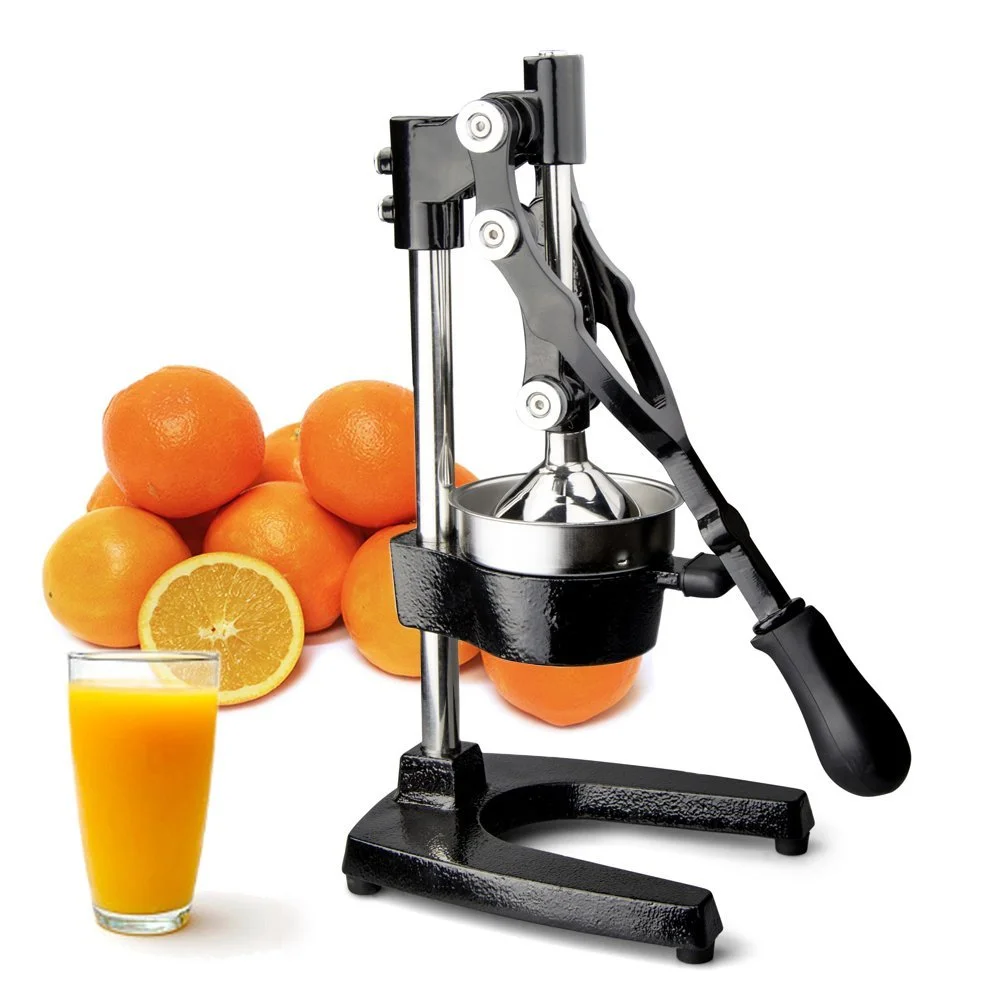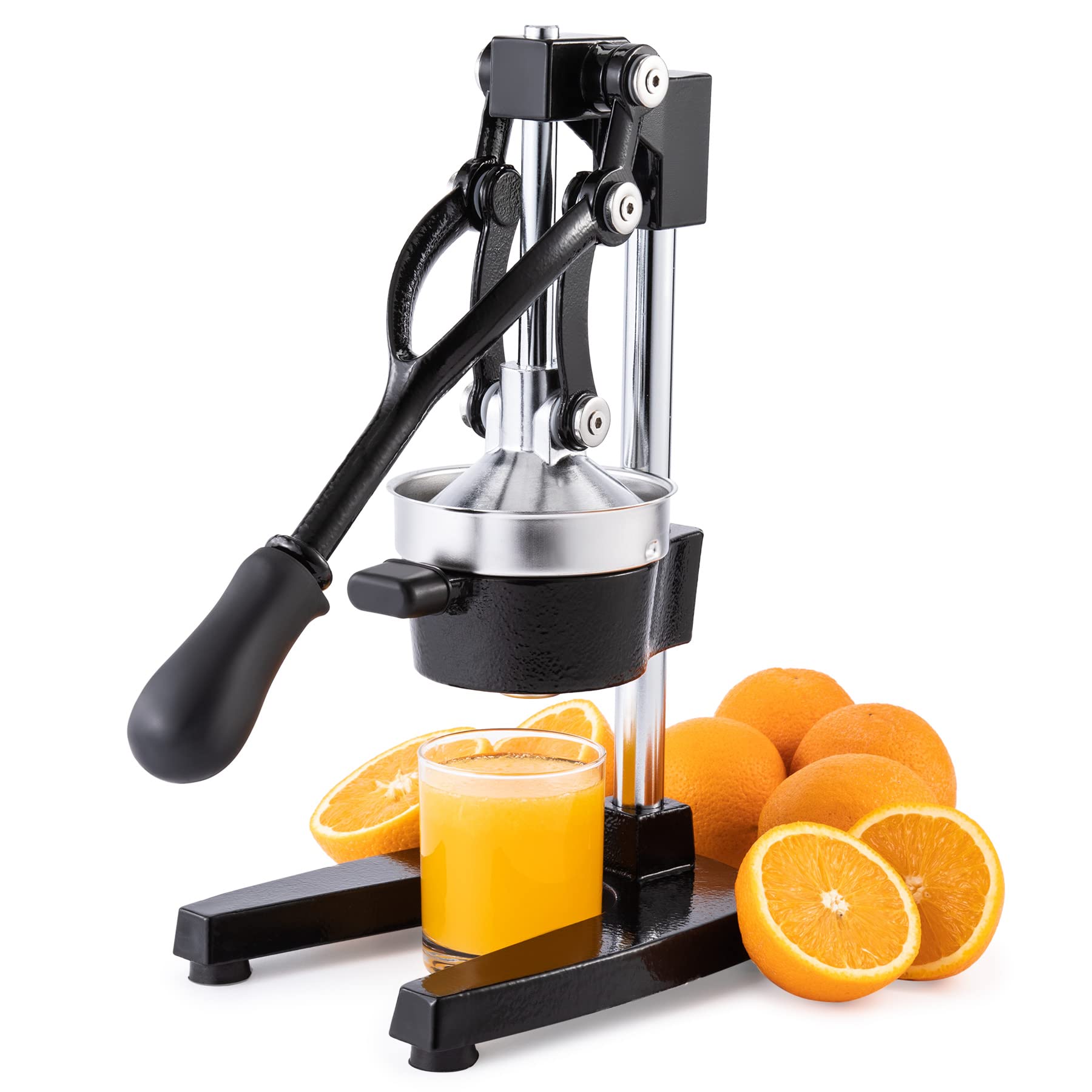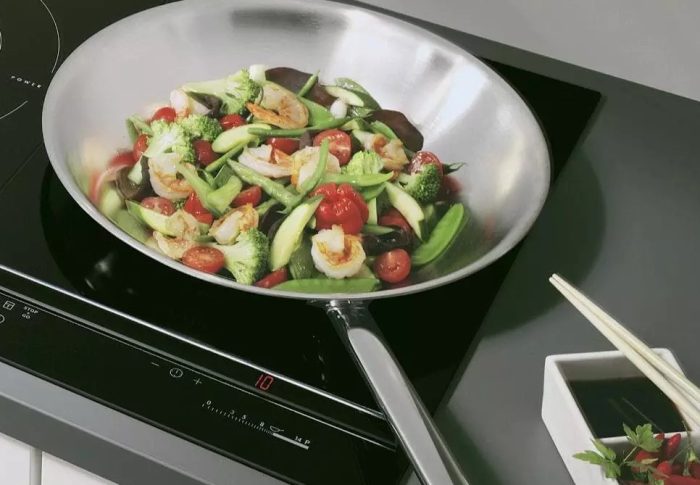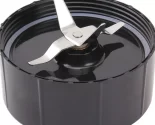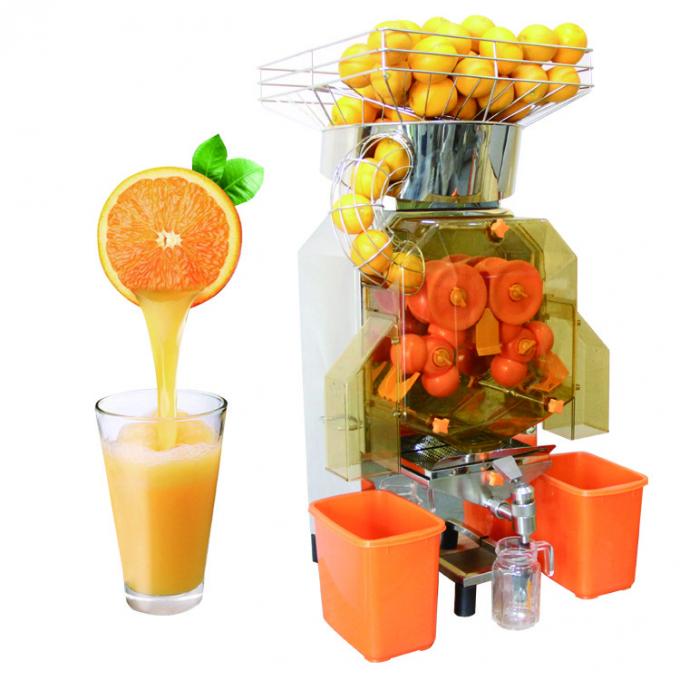
How to Juice Oranges in a Juicer?
Juicing oranges is not only a delightful way to enjoy one of nature’s sweetest fruits but also a fantastic method for boosting your vitamin C intake and hydration. With various juicers on the market, this article will guide you knowing how to juice oranges in a juicer—ensuring that you maximize flavor, nutrition, and enjoyment.
Understanding the Types of Juicers
Before delving into the specifics of juicing oranges, it’s essential to comprehend the different types of juicers available and how they can affect your juicing experience. Each type offers unique advantages and disadvantages, and selecting the right one can make all the difference.
Centrifugal Juicers
Centrifugal juicers are among the most common types you’ll find in homes. They are typically quick and easy to use. These juicers work by grating and spinning the fruit at high speeds, separating the juice from the pulp.
- Pros: Fast juicing, easy to clean, often less expensive.
- Cons: May introduce air into the juice, leading to oxidation and a shorter shelf life.
Masticating Juicers
Masticating juicers, or cold-press juicers, operate at a slower speed, crushing the fruit to extract juice. They produce a higher-quality juice with more nutrients due to reduced oxidation.
- Pros: More nutrients retained, thicker juice, longer storage life.
- Cons: Slower, usually more expensive, more complex cleaning.
Citrus Juicers
For orange juicing specifically, citrus juicers are purpose-built and ensure you extract every drop of juice from the fruit. They come in manual and electric variations.
- Pros: Designed for juicing citrus fruits, highly effective.
- Cons: Limited to citrus; not versatile for other fruits.
Preparing Oranges for Juicing
Now that you know about the types of juicers, let’s move on to preparation. The way you prepare your oranges can significantly impact the quality of the juice you yield.
Selecting the Right Oranges
Choosing the right oranges is crucial for effective juicing. Look for oranges that are:
- Ripe and Firm: Soft spots may indicate overripeness or decay, leading to poor-quality juice.
- Heavy for Their Size: The heavier the orange, the more juiciness you can expect.
- Bright in Color: Vivid, rich oranges generally have a more concentrated flavor.
Wash and Clean
Before you start juicing, rinse the oranges under cold running water. While you’ll be peeling them before juicing, washing ensures that any dirt or residues are removed, especially if you are using a juicer where the skin may come in contact with the juicing components.
Peeling Oranges
Peeling your oranges before juicing can help avoid a bitter taste from the pith and rind. Here’s how to do it effectively:
- Cutting the Ends: Place the orange on a cutting board and slice off the top and bottom. This will create a stable base and expose the fruit’s flesh.
- Cutting the Sides: Stand the orange upright and carefully slice down the sides to remove the skin and pith. Try to take away as little flesh as possible.
- Sectioning: After peeling, cut the orange into quarters or smaller pieces. This will make it easier for the juicer to process.
Juicing Oranges in a Juicer
Now comes the exciting part: juicing the oranges. Different juicers may have slightly different processes, but here are the general steps you can follow to juice oranges effectively.
Setting Up the Juicer
- Assemble the Juicer: If you’re using a masticating or centrifugal juicer, make sure all components are correctly assembled according to the manufacturer’s instructions.
- Prepare the Catch Container: Place a container under the spout to catch your freshly squeezed juice. Also, prepare a separate bowl for the pulp if your juicer separates it.
- Power On: If it’s an electric juicer, plug it in and turn it on.
Juicing Process
- Insert Orange Pieces: Begin feeding the orange pieces into the juicer. If you’re using a masticating juicer, go slowly and allow the juicer to work its magic.
- Push Down Gently: If your juicer has a plunger, use it to push down the oranges gently, ensuring they are adequately processed. Don’t force the pieces too quickly.
- Collect the Juice: Watch as the juice flows out into the container. You may hear a satisfying whirl if you have a centrifugal juicer.
Cleaning Up
Once you’ve extracted all the juice, it’s time to clean up:
- Disassemble the Juicer: Always turn off and unplug your juicer before disassembly for safety.
- Rinse Immediately: Rinse parts under running water to prevent pulp from drying and sticking.
- Use a Brush: For tougher bits, a brush can help remove any remaining pulp from the juicer’s mesh filter.
- Wipe Down Surfaces: Don’t forget to wipe down your countertops and the juicer’s base.
Storing Fresh Orange Juice
Freshly squeezed orange juice is best consumed immediately for maximum nutrition and flavor. However, there are times when you may want to store your juice for later use.
Short-Term Storage
If you plan to drink the juice within a day or two, store it in an airtight container in the refrigerator. Glass containers are preferable as they do not leach any chemicals into the juice.
Long-Term Storage
For longer storage, consider freezing your juice. Here’s how to do it:
- Pour into Ice Cube Trays: Fill ice cube trays with orange juice and freeze. Once frozen, you can transfer the cubes into a ziplock freezer bag for easier storage.
- Label and Date: Make sure to label your bags with the date. Frozen orange juice can last up to 6 months but is best used within 3 months for optimal taste.
Thawing Orange Juice
When you’re ready to use your frozen juice, simply remove a few cubes and place them in the refrigerator to thaw overnight. Alternatively, you can leave them at room temperature for a quick thaw. Never microwave fresh juice, as this can affect its flavor and nutrients.
Nutritional Benefits of Fresh Orange Juice
Juicing oranges offers numerous health benefits, making it a fantastic addition to your diet. Here are some key nutrients found in orange juice and their health effects:
High in Vitamin C
Oranges are renowned for their high vitamin C content, essential for:
- Boosting Immune Function: Vitamin C is vital for the immune system, helping to fight off infections.
- Promoting Skin Health: It aids in collagen production, keeping skin elastic and youthful.
Source of Antioxidants
Fresh orange juice is rich in antioxidants, which help combat free radicals in the body. This can lead to:
- Reduced Inflammation: Antioxidants can lower inflammation levels, contributing to better overall health.
- Protection Against Chronic Diseases: Regular consumption of antioxidants is linked to a lower risk of conditions like heart disease and cancer.
Hydration
Juicing oranges yields a product that is primarily water. Drinking fresh orange juice can help keep you hydrated:
- Supports Bodily Functions: Proper hydration is essential for various bodily functions, including digestion, circulation, and temperature regulation.
Folate and Other Vitamins
In addition to vitamin C, orange juice contains folate (vitamin B9), which is important for:
- Cell Division: Essential during pregnancy for fetal development.
- Cardiovascular Health: Lowers homocysteine levels, which is beneficial for heart health.
 Creative Ways to Use Orange Juice
Creative Ways to Use Orange Juice
Once you’ve mastered how to juice oranges in a juicer, you’ll find that fresh orange juice can be enjoyed in numerous ways beyond just drinking it straight. Here are some creative ideas to incorporate your fresh juice into your daily life.
Smoothies
Add some orange juice to your morning smoothie for a burst of flavor. Pair it with:
- Spinach or Kale: For added nutrients.
- Bananas: To enhance creaminess.
Salad Dressings
Use freshly squeezed orange juice as a base for salad dressings:
- Citrus Vinaigrette: Combine with olive oil, vinegar, salt, and pepper for a refreshing dressing.
Marinades
Orange juice adds a zesty kick to marinades for meats or tofu. Try mixing it with:
- Soy Sauce: For a savory flavor profile.
- Garlic and Ginger: For an Asian-inspired twist.
Baking
Use orange juice in baked goods for moisture and flavor:
- Muffins or Pancakes: Replace some or all of the liquid with fresh orange juice for a citrusy flare.
Cocktails and Mocktails
Create refreshing drinks for parties or evening relaxation:
- Mimosas: A classic brunch drink that combines orange juice with sparkling wine.
- Shirley Temples: Substitute grenadine with fresh orange juice for a vibrant mocktail.
Conclusion: how to juice oranges in a juicer
Juicing oranges is a straightforward yet rewarding process that allows you to enjoy fresh, flavorful juice right at home. By understanding the benefits, choosing the right juicer, preparing your fruit properly, and following the juicing steps, you can create the perfect glass of orange juice. Whether you sip it straight, mix it into smoothies, or create delicious cocktails, fresh orange juice is a versatile and nutritious addition to your diet. Remember, knowing how to juice oranges in a juicer opens up endless opportunities to incorporate this delicious fruit into your daily routine!

